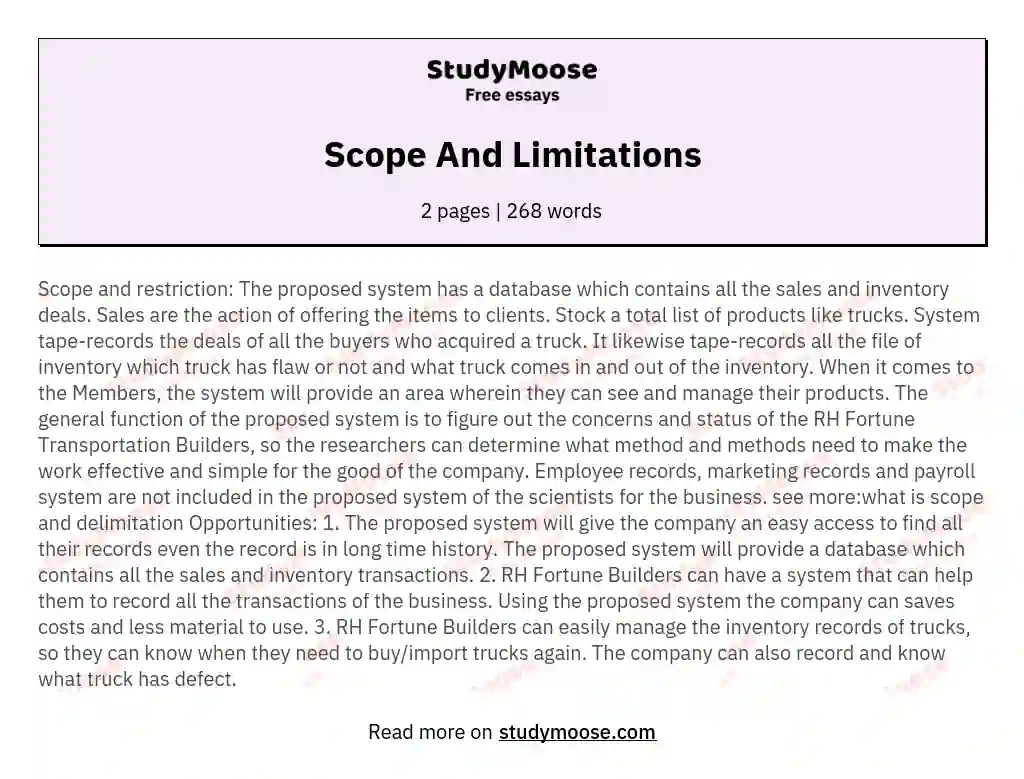Scope and Limitation of POS and Inventory System
In today’s fast-paced business world, the implementation of Point of Sale (POS) and Inventory Management Systems has become almost mandatory for retailers and businesses of all sizes. These sophisticated systems offer a plethora of benefits, including streamlined operations, improved inventory control, and enhanced customer experiences. However, like any technological solution, POS and inventory systems come with their own scope and limitations. In this article, we will delve into the various aspects of these systems, exploring their scope, potential advantages, and the constraints businesses may encounter when using them.
Understanding the Scope of POS and Inventory Systems
1. Automating Sales Transactions
One of the primary scopes of a POS system is to automate sales transactions. These systems enable businesses to process sales quickly and efficiently, reducing the chances of human error in calculating prices and handling payments.
2. Inventory Tracking
POS and Inventory Systems provide real-time tracking of inventory levels. This allows businesses to monitor stock levels, identify popular products, and make informed decisions regarding restocking or discontinuing items.
3. Enhanced Customer Experience

A well-implemented POS system can enhance the customer experience. Faster checkouts, accurate pricing, and easy returns are all benefits that can lead to increased customer satisfaction.
4. Sales Reporting and Analysis
These systems generate detailed sales reports and analysis. Business owners can gain valuable insights into sales trends, peak hours, and product performance, aiding in strategic decision-making.
The Advantages of Implementing a POS and Inventory System
1. Increased Efficiency
Implementing a POS and inventory system streamlines business operations, reducing manual data entry and the risk of errors. Employees can focus on providing excellent customer service.
Continue reading